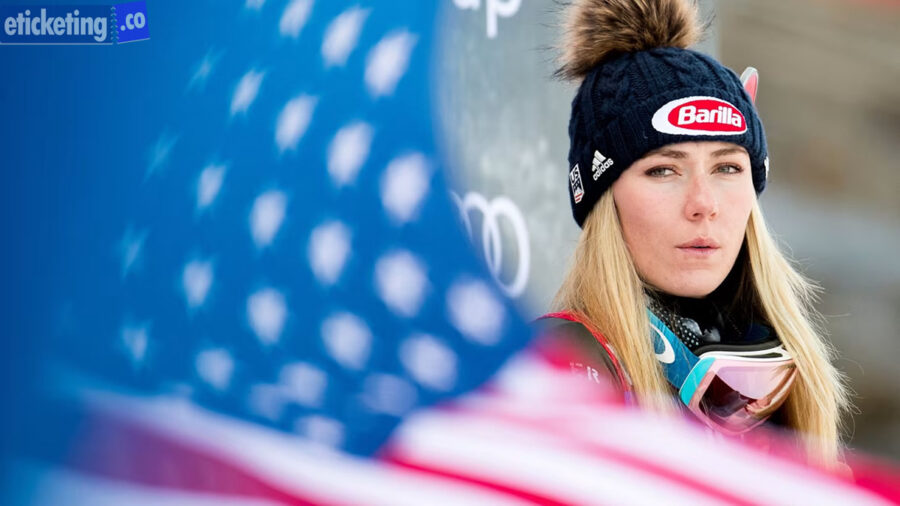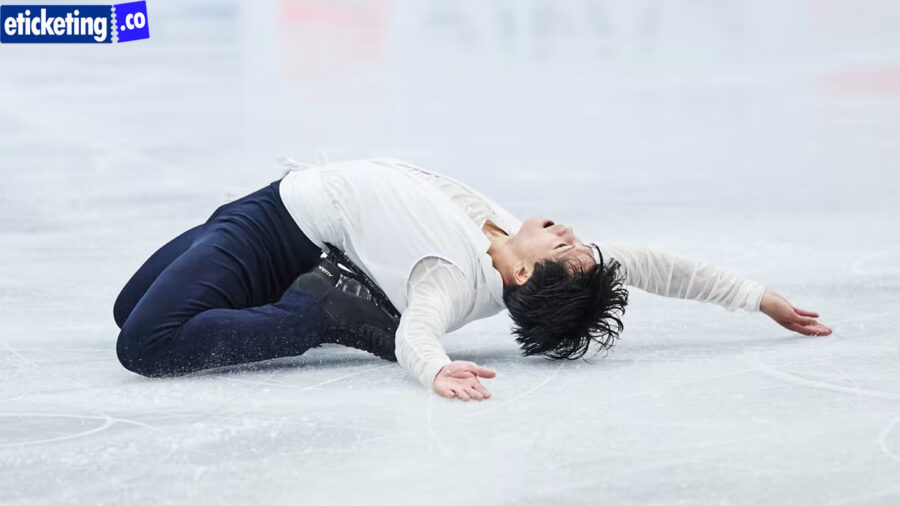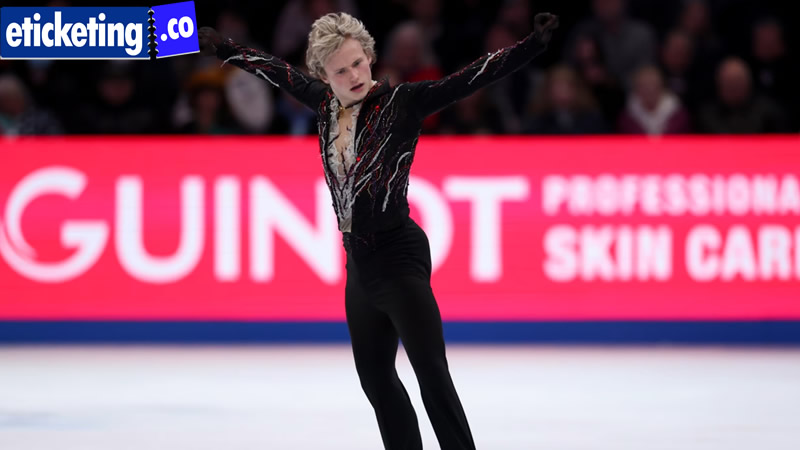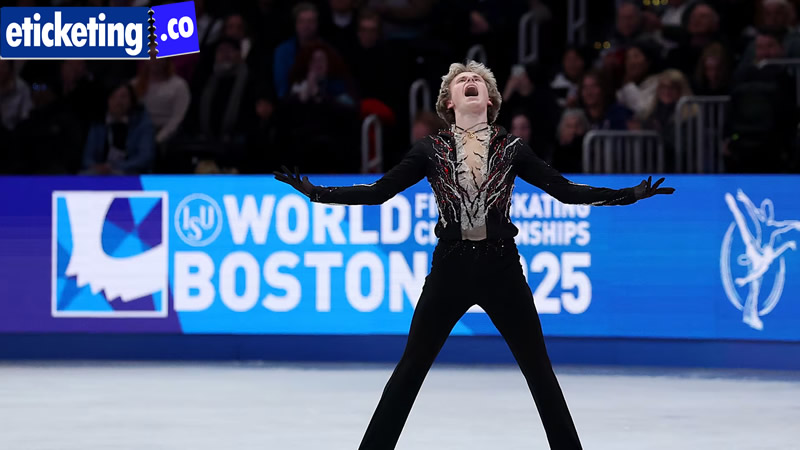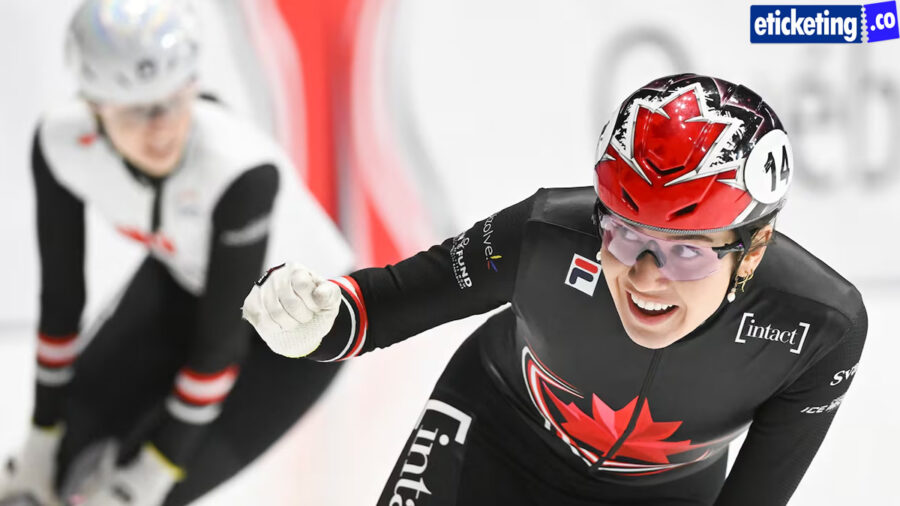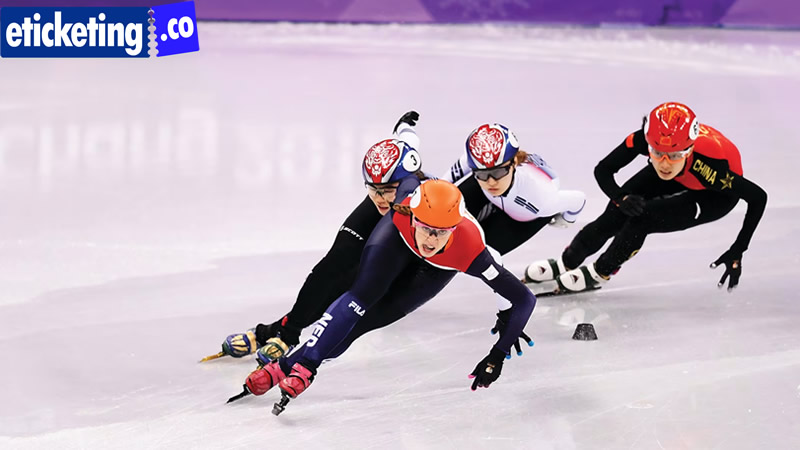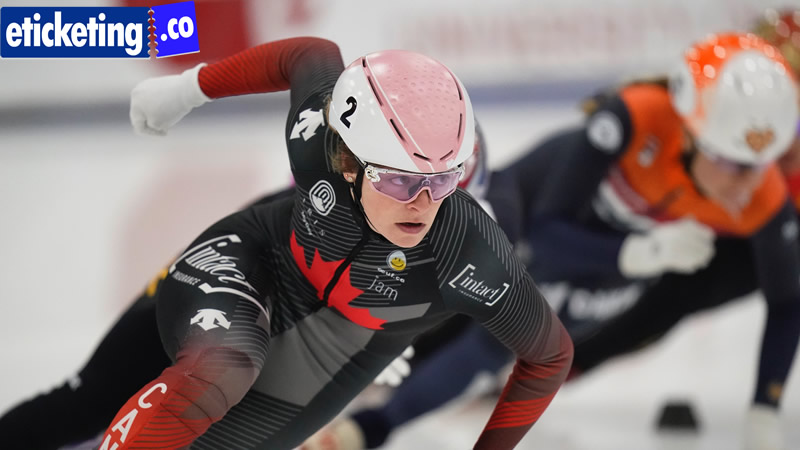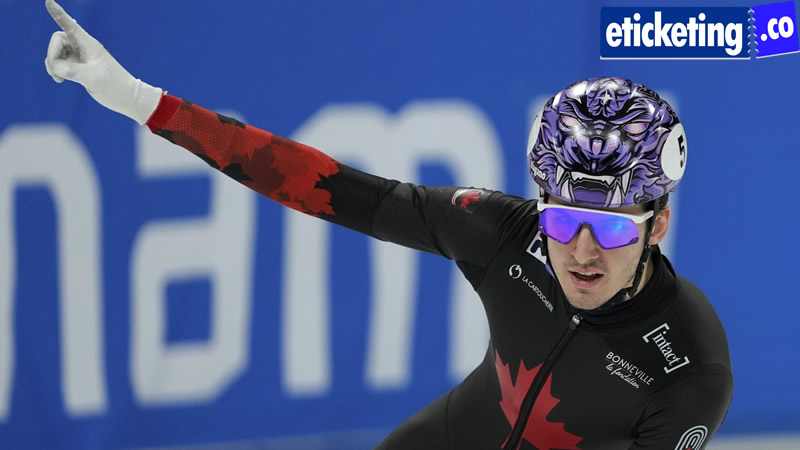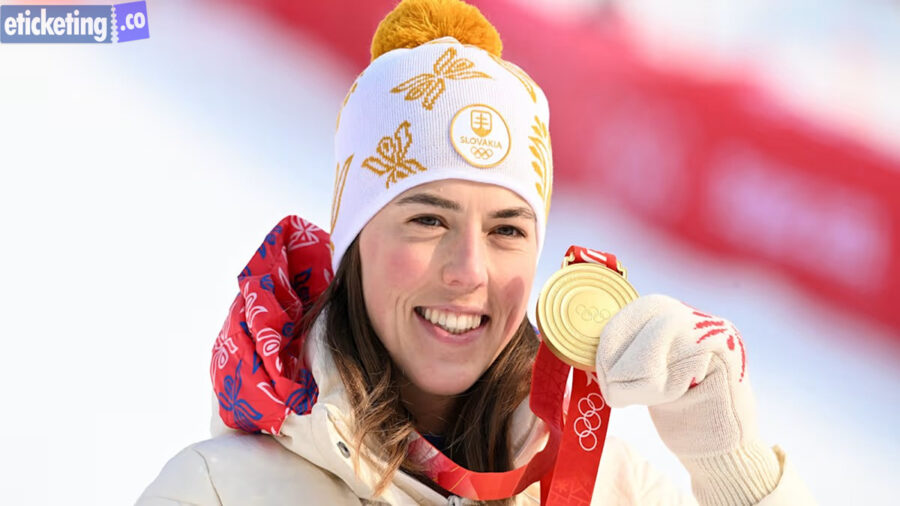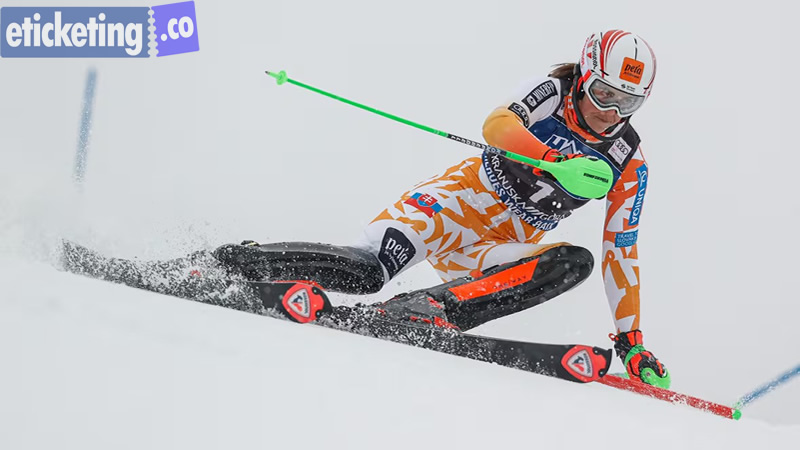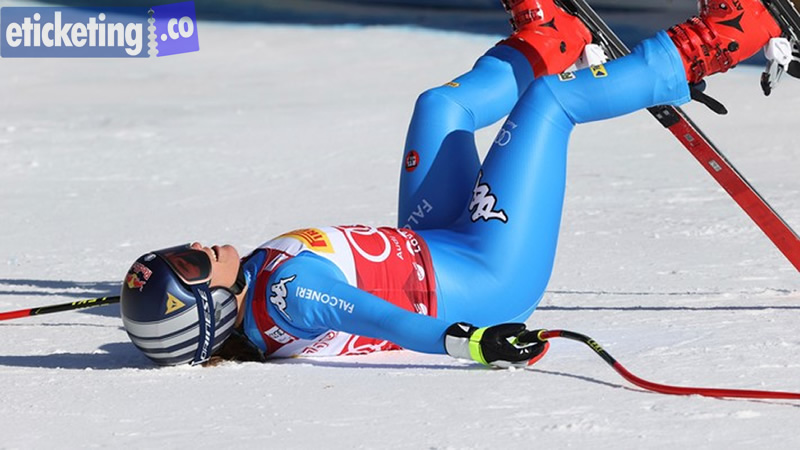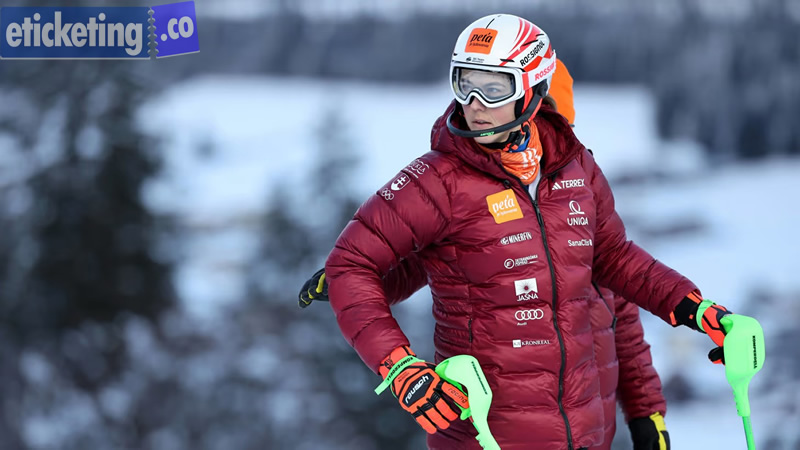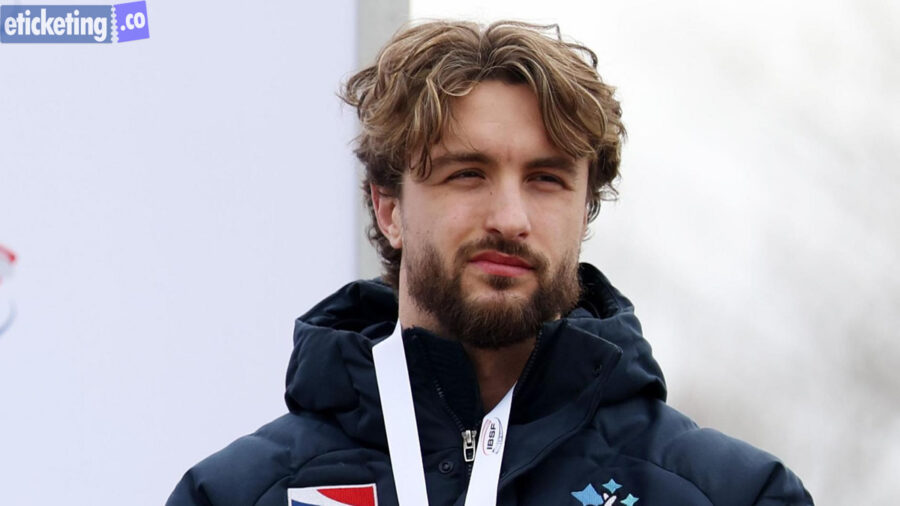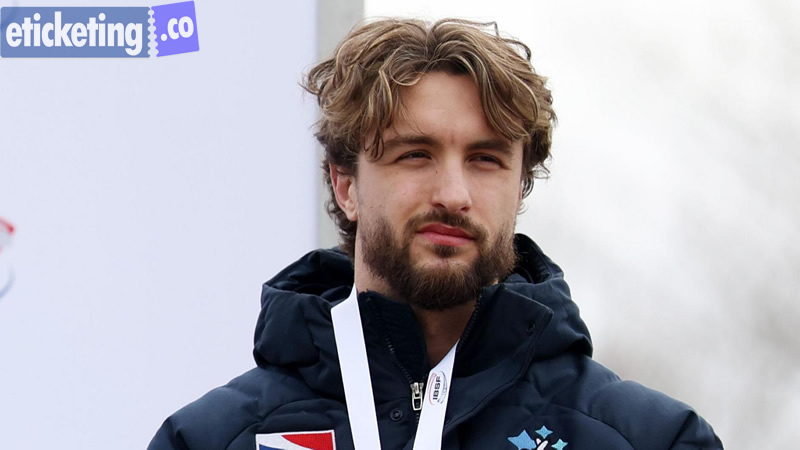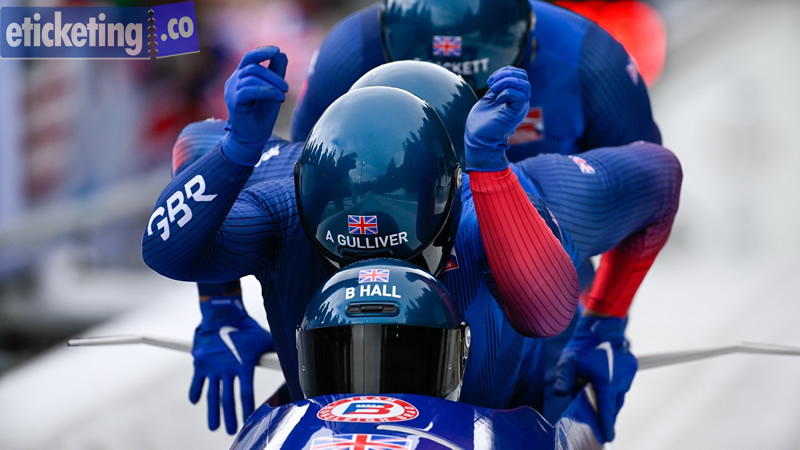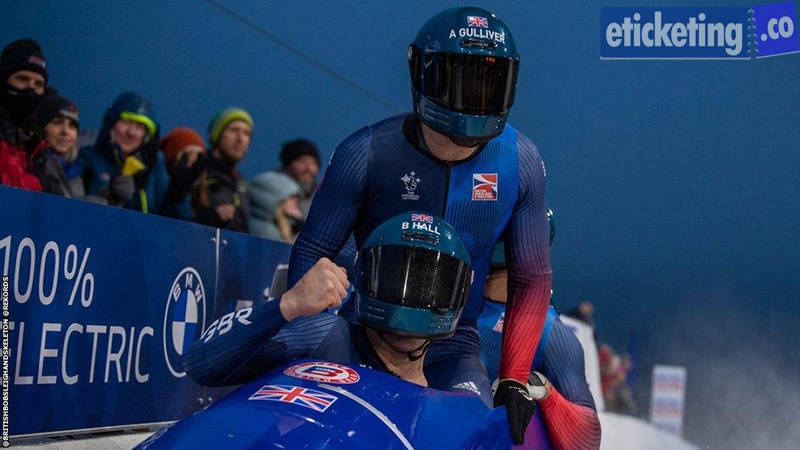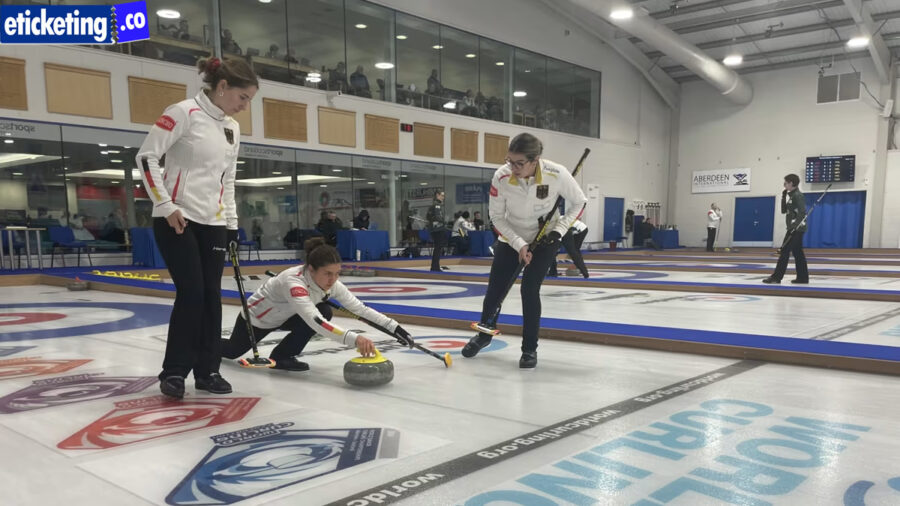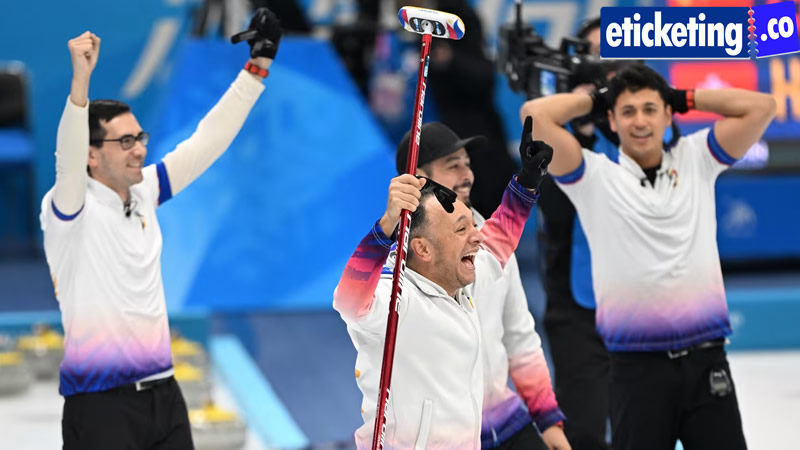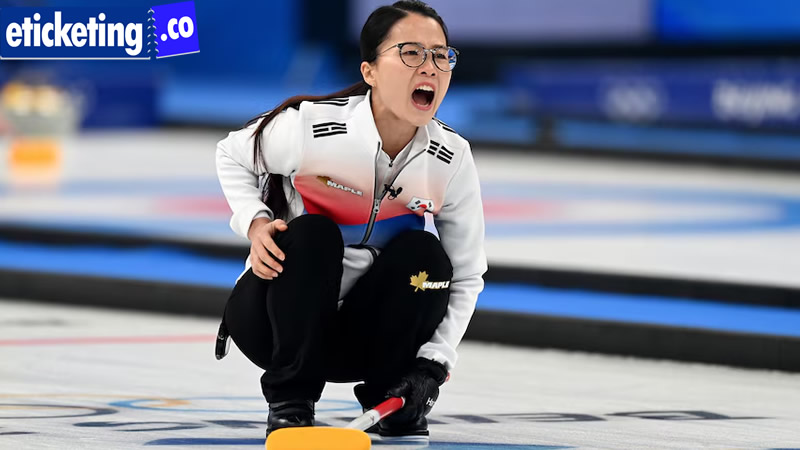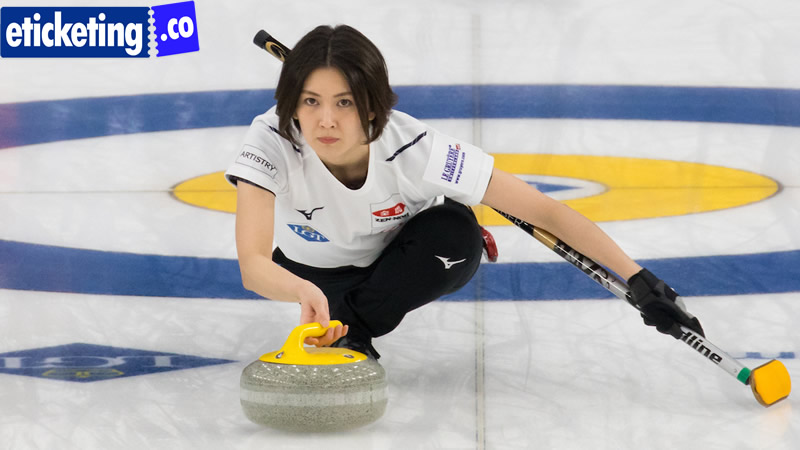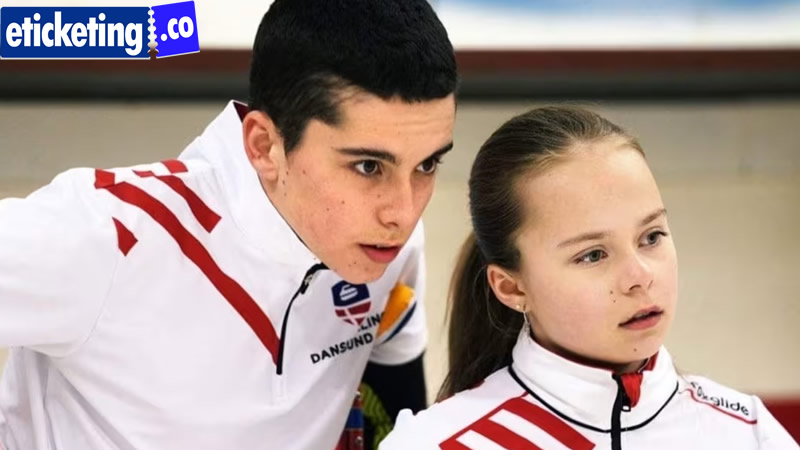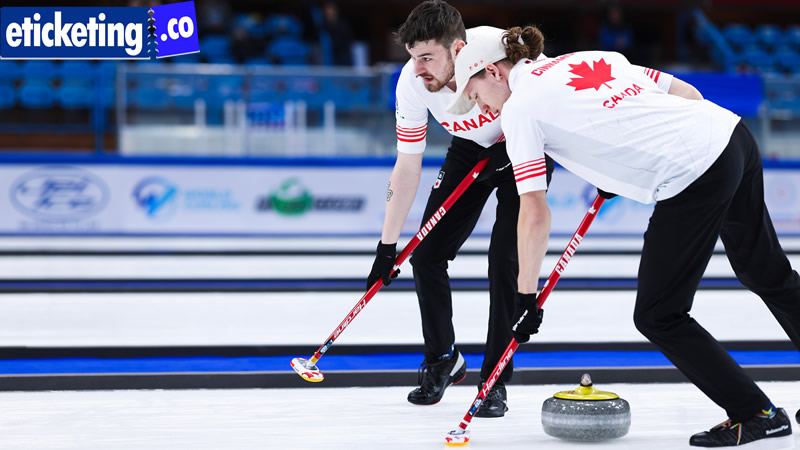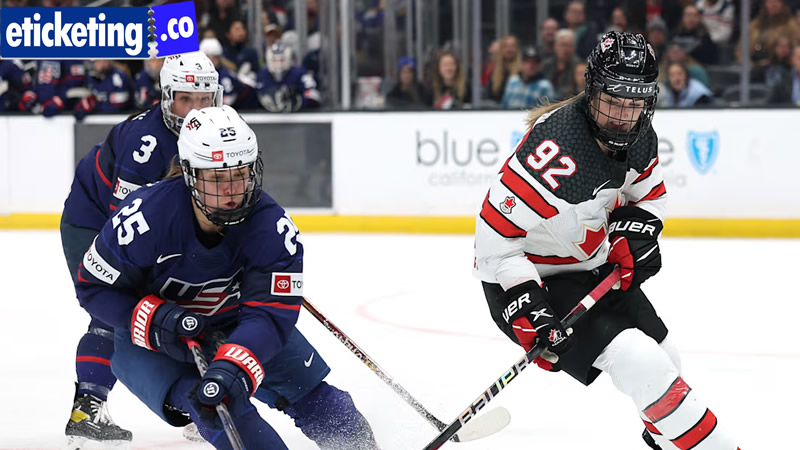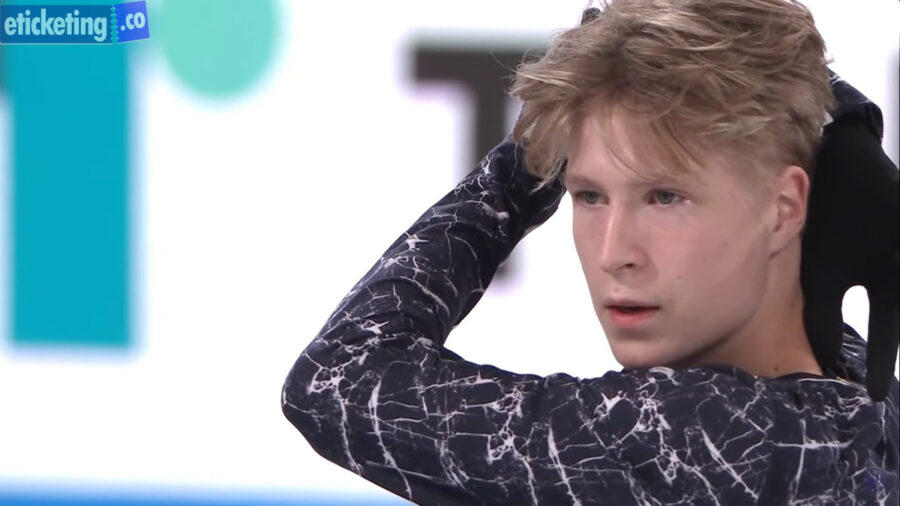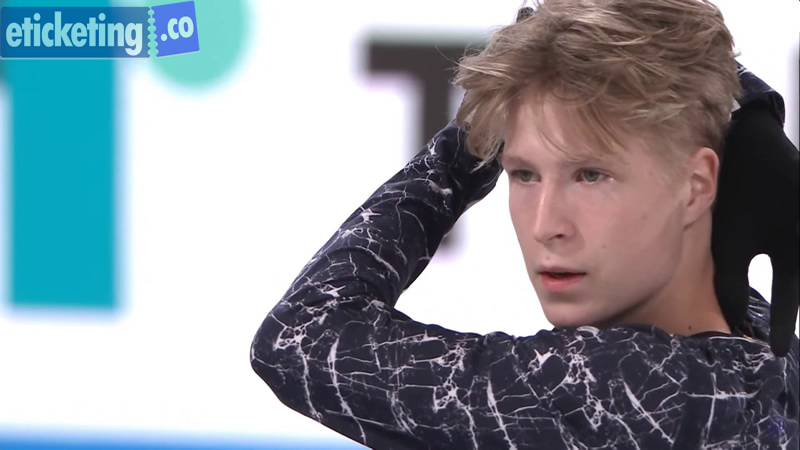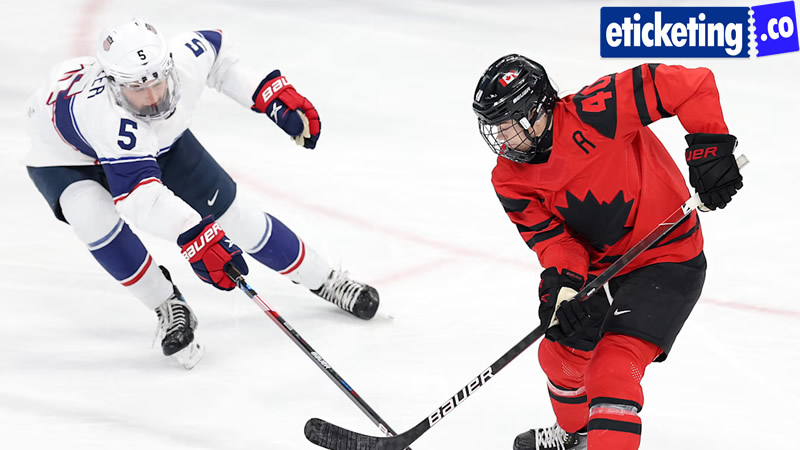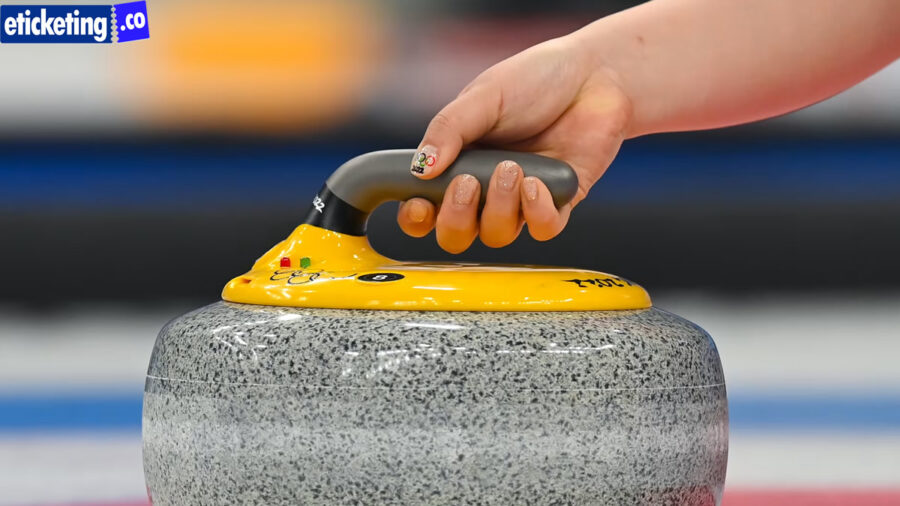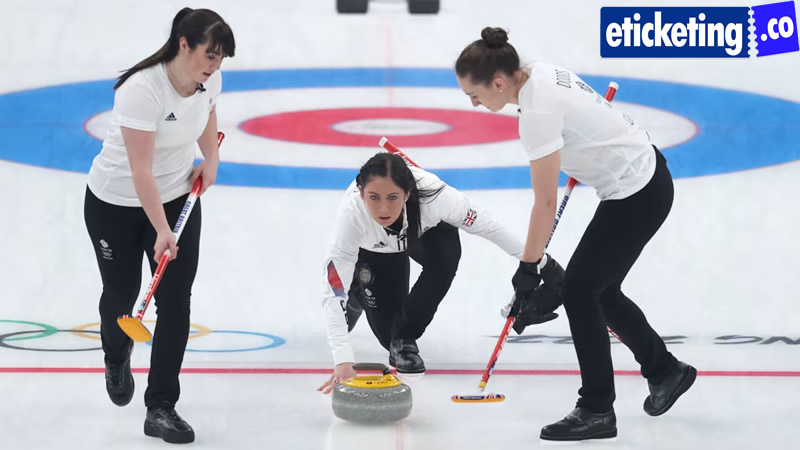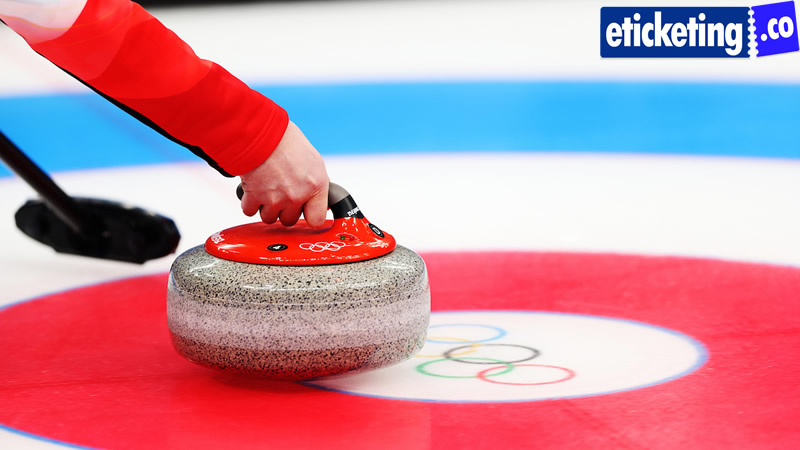As the 2025–26 Alpine Ski World Cup season approaches, all eyes are once again on Mikaela Shiffrin. The American skiing superstar, a seven-time overall World Cup champion and two-time Olympic gold medalist, is entering an Olympic year with renewed confidence and a sharpened focus. But even as anticipation builds for her pursuit of more medals at the Winter Olympic Milano Cortina 2026 , Shiffrin is taking a measured approach—choosing to skip the downhill discipline as she prioritizes her health and longevity.
Olympic 2026 fans worldwide can book Olympic Alpine Skiing Tickets from our online platforms eticketing.co Fans can book Olympic Tickets on our website at discounted prices. Experience the thrill of the Games in Milano Cortina and support your favorite athletes as they compete for glory.

A Season of Renewal and Recalibration
For Shiffrin, who turned 30 earlier this year, this season represents both a comeback and a recalibration. After dealing with multiple injuries in recent years, including a knee strain that sidelined her during the 2023–24 season and another setback in 2025, she has learned to listen to her body more than ever before. The decision to forgo the downhill—a discipline that demands both physical fearlessness and risk tolerance—wasn’t made lightly, but it reflects the wisdom of an athlete who has already achieved nearly everything in the sport.
Her maturity now allows her to focus on longevity rather than chasing every title or record. Shiffrin has openly acknowledged that the mental and physical toll of years on the World Cup circuit has reshaped her priorities. By embracing a more sustainable schedule, she aims not just to extend her career but to compete at her absolute best when it counts most—especially at the Olympics, where every turn and every hundredth of a second carries historic weight.
Winter Olympic 2026: Smart Preparation Training with Purpose and Precision
Shiffrin’s cautious optimism has defined her approach to training this summer. Under the guidance of longtime coach Mike Day and her close-knit support team, she has focused on refining her technical skiing and rebuilding the explosive power that has long set her apart from the competition.
Her offseason included focused sessions on slalom and giant slalom—the two technical events where she remains nearly unbeatable. But she also worked on elements of super-G, a speed discipline that allows her to balance technical precision with high-speed control, without the same physical toll as downhill. You Can Read Winter Olympic 2026: After 20 Months Away Petra Vlhová Returns to On-Snow Training
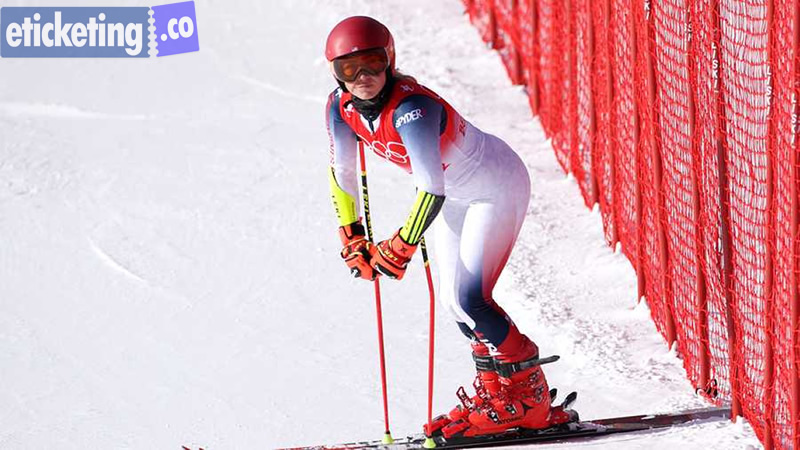
The decision to skip downhill reflects more than just caution; it’s part of a larger plan to manage her race calendar intelligently. Shiffrin knows that overextending herself could risk another injury just months before the Olympics, something she is determined to avoid.
Balancing Speed and Safety: Shiffrin’s Cautious Approach to Downhill
Shiffrin’s relationship with the downhill has always been complex. Though primarily known for her technical dominance, she has proven capable of excelling across all disciplines—winning World Cup races in every event, including downhill. Her 2020 victory in Bansko, Bulgaria, remains one of her most memorable downhill performances, showcasing her ability to adapt and compete with pure speed specialists.
However, the physical demands of downhill, coupled with the risks of high-speed crashes, have forced her to weigh the costs more carefully. Her crash during the 2024 season, which led to minor ligament damage, was a sobering reminder of how fragile even the best athletes can be.
Shiffrin has also witnessed firsthand how injury can derail a career. Her late father, Jeff Shiffrin, who was deeply involved in her athletic journey, often reminded her that longevity requires balance. That lesson seems to echo more strongly now than ever before.
Road to Winter Olympic Milano Cortina 2026
While she’s stepping back from certain events, Shiffrin’s ultimate focus remains crystal clear: the Winter Olympic Milano Cortina 2026. The Games will mark her fourth Olympic appearance, and perhaps her most personal yet.
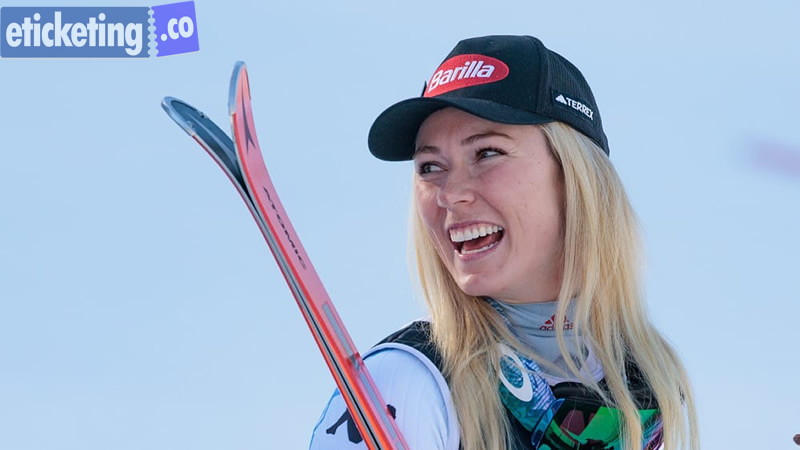
After the heartbreak of the Beijing 2022 Winter Olympic where she failed to medal despite enormous expectations—Shiffrin rebounded in spectacular fashion, reclaiming dominance in subsequent World Cup seasons and solidifying her legacy as one of the sport’s greatest. But Milano Cortina offers a chance at redemption on Olympic snow.
Strategic Preparation for Olympic Success
Her preparation for Milano Cortina reflects that maturity. Rather than chasing points across every event, she’s prioritizing targeted excellence. That means maximizing her chances in slalom and giant slalom, where her technique remains unmatched, and possibly adding super-G if her body allows.
The Olympic courses in Cortina, known for their steep pitches and challenging terrain, could play to Shiffrin’s strengths. She has raced there multiple times in World Cup events and knows the layout intimately—a rare advantage heading into an Olympic season.
Rivals Rising: A Fierce Field Awaits in Winter Olympic Milano Cortina 2026
Even as Shiffrin adjusts her goals, competition remains fierce. Defending Olympic champion Petra Vlhová has returned from injury and is training at full speed, while Italy’s Federica Brignone and Marta Bassino are eager to deliver on home snow. Younger talents like Sweden’s Sara Hector and Switzerland’s Lara Gut-Behrami—who may retire after the Games—add further intrigue to the field.
Olympic 2026 fans worldwide can book Winter Olympic Tickets from our online platforms eticketing.co Fans can book Olympic Tickets on our website at discounted prices. Experience the thrill of the Games in Milano Cortina and support your favorite athletes as they compete for glory.
Yet, Shiffrin’s consistency remains her greatest asset. Over more than a decade at the top, she has shown an unmatched ability to adapt, evolve, and peak when it matters most. Her rivals may be chasing her results, but few possess her mental resilience.

Mind Over Matter: Rediscovering Joy and Balance on the Slopes
Perhaps the most important shift for Shiffrin this season is psychological. After years of immense pressure—carrying the weight of expectation from fans, media, and sponsors—she’s found a renewed sense of joy in skiing.
In recent interviews, she’s spoken candidly about rediscovering the simple love of the sport that first drew her to the slopes as a child. She’s also been more open about maintaining mental health and finding balance off the mountain, includingtime with her family and boyfriend, Norwegian skier Aleksander Aamodt Kilde, who continues his own recovery from a serious crash.
Winter Olympic 2026: A Legacy Beyond Medals Shiffrin Evolution as a Champion
Whether or not Shiffrin adds more Olympic gold to her collection in 2026, her legacy in Winter Olympic alpine skiing is already secure. She holds over 100 World Cup victories—more than any skier in history, male or female—and remains a model of professionalism, discipline, and humility.
But for Shiffrin, legacy is no longer about numbers. It’s about growth, sustainability, and love for the craft. As the 2025–26 season unfolds, fans will see a Mikaela Shiffrin who is wiser, more grounded, and perhaps more dangerous than ever. By skipping the downhill, she may be reducing her race load—but she’s also maximizing her chances to write another chapter in one of sport’s most remarkable careers.

With Winter Olympic Milano Cortina 2026 looming on the horizon, Shiffrin stands on the edge of yet another defining moment—not as the wide-eyed prodigy who took the skiing world by storm, but as a seasoned champion who knows exactly what it takes to stay at the top.
The magic and excitement as fans from around the world gather to celebrate the spirit of the Games. Secure your Olympic Opening Ceremony Tickets now and create memories that will last a lifetime at the unforgettable Winter Olympic 2026.

